Primaire
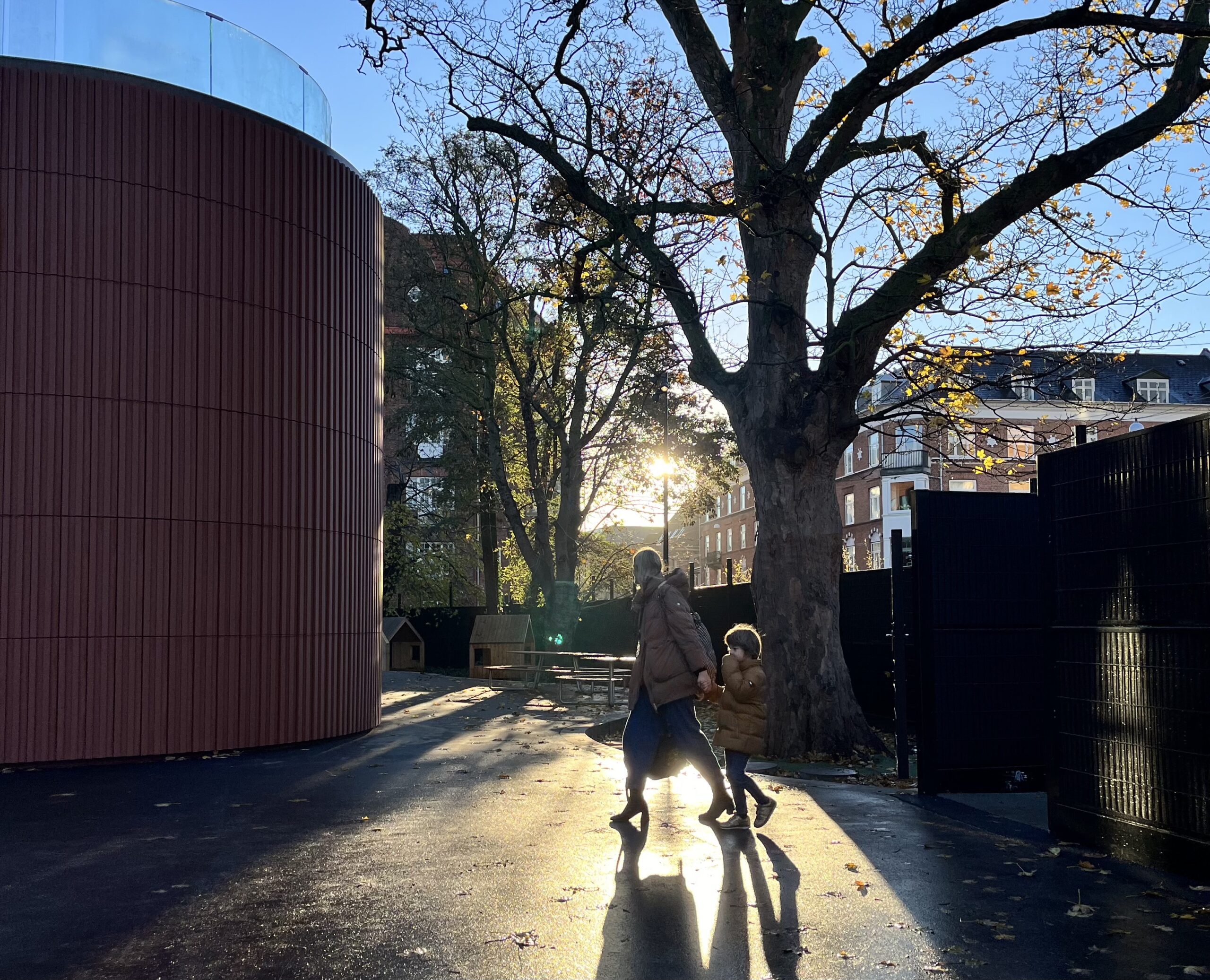
Ranging from ages two years and 10 months to ten, students in Primaire are immersed in an international, as well as enjoyable and supportive learning environment. Primaire is divided into two sections: maternelle for ages two years and 10 months to five, and élémentaire for ages six to ten.
Maternelle lays the foundation for a student’s learning, development, and future academic success.
Maternelle offers a pleasant and comfortable environment, filled with the sounds of many different languages, which can be both challenging and rewarding. The children are between two years and 10 months and five years old and are divided into four levels:
| TPS (Toute Petite Section) | 3 years after January 1st. |
| PS (Petite Section) | 3 yeasr before January 1st |
| MS (Moyenne Section) | 4 years |
| GS (Grande Section) | 5 years |
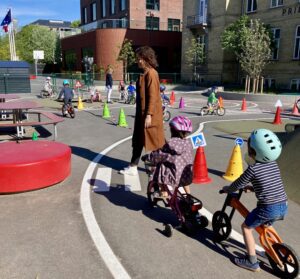
The staff in maternelle at Prins Henrik School bring years of experience to the table, enabling both sensory and motor skill learning, as well as cognitive and social development, in order to nurture the growth of each and every individual. Class size and the daily schedule is organized in a way that allows time for every child. Teaching is suited to the individual student’s needs, with the best tools and resources available.
Our commitment to ensuring the well-being of our students, means giving them time to rest. Students in our Petite section take a nap after lunch.
Maternelle also has a library and a librarian that help to make the children aware of literature and give them the openness to read stories for their age and to borrow books to bring home and share with their families. The children have access to a gym room, and participate in many excursions: museums, parks, theatre, concerts, etc.
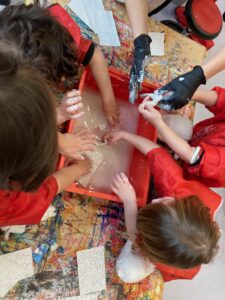
Something that is unusual for French schools abroad is the offer for maternelle students at Prins Henrik School to learn Danish. Starting in the Petite section, children learn the language either from scratch, or improve the Danish they have already acquired, through different creative and play-based activities suited to their age and level.
*From August 2024 the children will have 1 lesson of English per week to strengthen the plurilinguism of the Prins Henrik School.
Non-French speaking students are offered additional French lessons with a teacher who teaches French as a second language, and may be offered some extra support within the APC (Complementary educational activities) framework at the end of the school day.
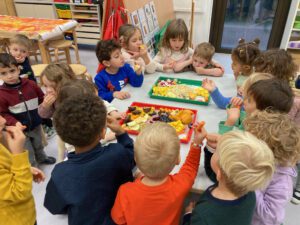 |
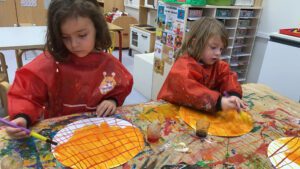 |
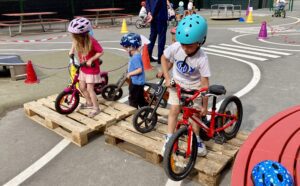 |
A school day in maternelle starts at 8:15am and ends at 2pm. The schedule below is an example of a regular day in maternelle.
| 8:15 | Welcome students to class |
| 8:30 | Physical activities – Motor skills |
| 9:00-10:00 | Workshops |
| 10:00-10:30 | Recess – Morning snack |
| 10:30 | Danish lesson |
| 11:00 | Workshops |
| 11:30 | Lunch |
| 12:00 | Recess |
| 12:30 | Quiet time |
| 12:45 | Workshops |
| 13:45 | Story time |
| 14:15 | School ends |
| 1 lesson | 1 lesson per week of English will be taught from school start August 2024 |
In maternelle we focus on five main learning areas:
- Improving all aspects of language.
2. Engaging, expressing, and developing through physical activity.
3. Engaging, expressing, and developing through creative activity.
4. Acquiring the first mathematical tools.
5. Exploring the world.
For a more detailed description of the skills we focus on, see eduscol.
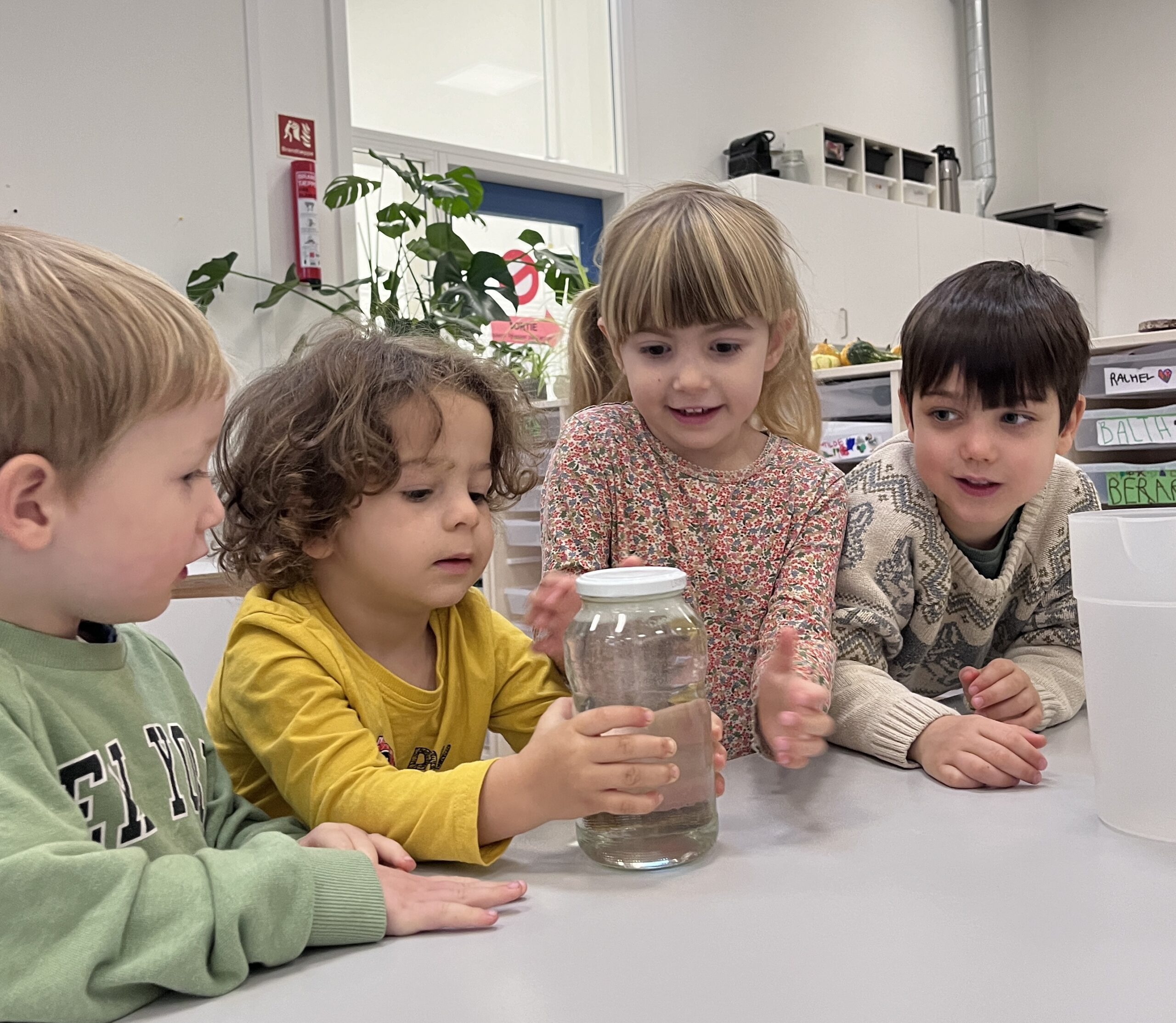 |
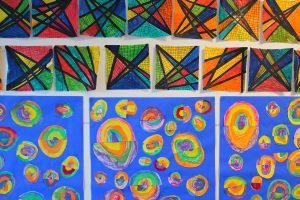 |
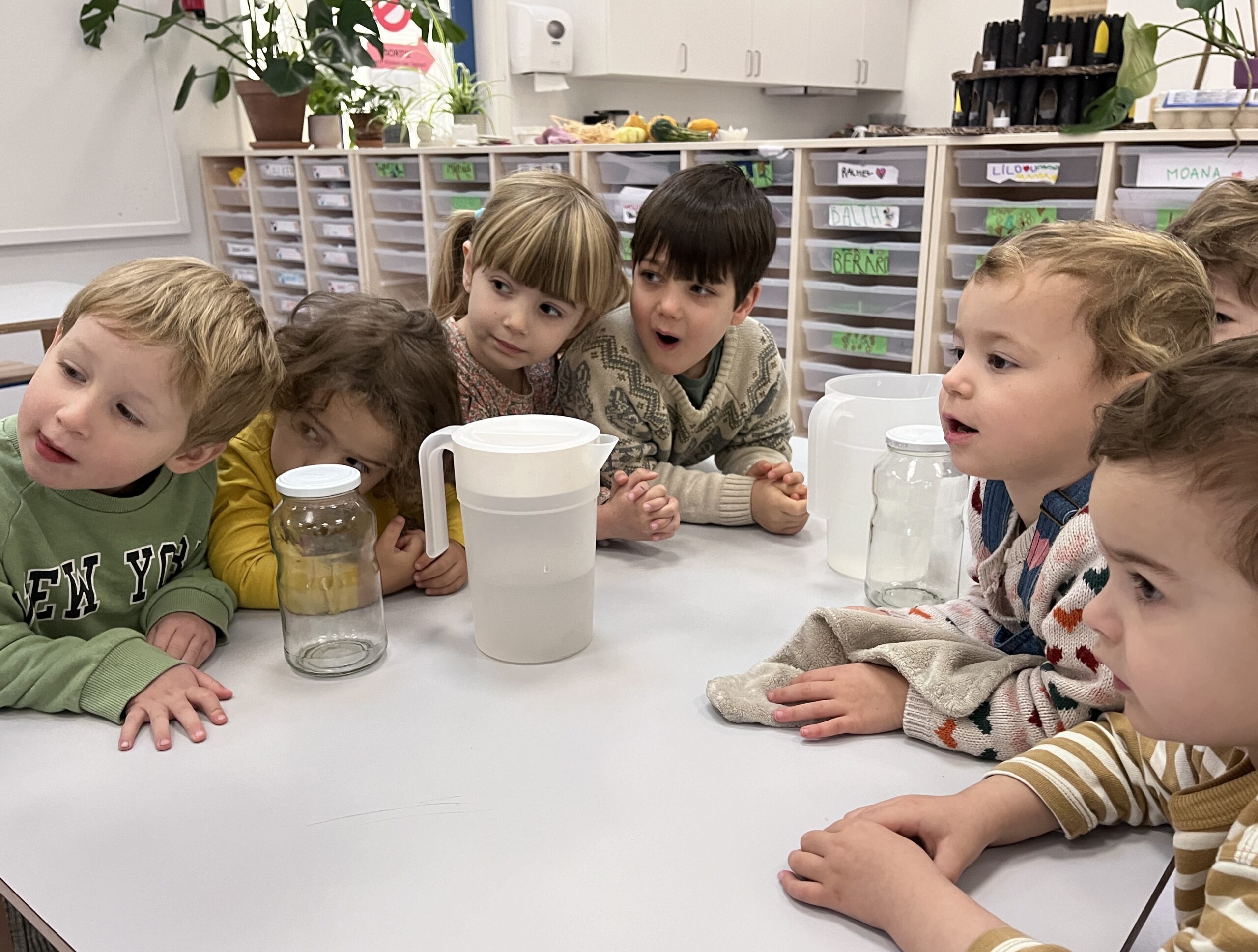 |
The fundamental principles of learning. To ensure a strong foundation for learning and academic success:
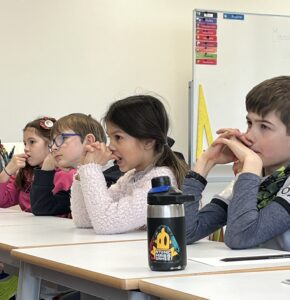 The goal for students in élémentaire is for them to have a good grasp of reading, writing, counting, adding, problem solving, and to be fluent in multiple languages (French, Danish, and English), in addition to having strong social skills. In addition, we emphasize a culture of mutual respect between students, so that school becomes an inviting place where children learn to coexist and thrive in an international environment with many languages.
The goal for students in élémentaire is for them to have a good grasp of reading, writing, counting, adding, problem solving, and to be fluent in multiple languages (French, Danish, and English), in addition to having strong social skills. In addition, we emphasize a culture of mutual respect between students, so that school becomes an inviting place where children learn to coexist and thrive in an international environment with many languages.
Lesson plans are designed by our experienced and proactive teacher teams, whose focus is both the academic success and well-being of the students.
Élémentaire aims to teach the fundamental skills needed for learning for both French and Danish (reading and writing), and mathematics (counting, adding, and problem solving), meanwhile ensuring the instruction is suited to the individual student’s pace and need. We especially focus on awakening their joy of learning, so that they will acquire the skills and language, along with the social skills, needed for the world of tomorrow.
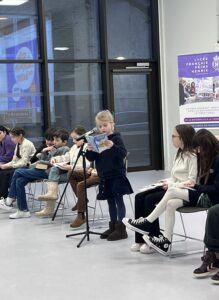
Students in élémentaire have access to top rate facilities: a gym, a library, and ITC enabled classrooms. A solid grasp of IT is an essential skill for learning. Our teachers use it to adapt their lesson plans to suit the different levels in the classes, but also to increase collaboration between students. The teachers also make sure to introduce the students to the risks and misuse of the internet, so they are better equipped to navigate in the digital environment.
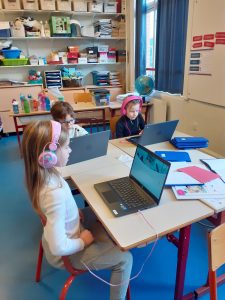
At Prins Henrik School we think children should start learning languages from an early age, which is why we teach Danish and English already in the first grade. We focus on oral communication and students participate in workshops, where they get a good grasp of the communication skills that are useful and important in our world today.
A typical 4th grade school day.
| MONDAY | TUESDAY | WEDNESDAY | THURSDAY | FRIDA | |
| 8:00-9:00 am | French | Danish | French | Danish | French |
| 9:00-9:35 am | Math | Math | Math | Math | Life Sciences |
| 9:35-9:50 am | Recess | Recess | Recess | Recess | Recess |
| 9:50-11:00 am | French | French | French | French | French |
| 11:00-12:00 pm | Lunch | Lunch | Lunch | Lunch | Lunch |
| 12:00-1:00 pm | English | Physical Education and Sports | Danish | Physical Education and Sports | English |
| 1:00-1:30 pm | Visual Arts | History-Geography- and Civics (EMC) | Visual Arts | Math | Visual Arts |
| 1:30-2:30 pm (2:00 on Fridays) | Math | Life Sciences | History-Geography- and Civics (EMC) | History-Geography- and Civics (EMC) |
Students in 1st to 5th grade acquire basic knowledge of the main disciplines and improve their skills within the five core areas, which are part of the Common Base for Knowledge and Skills (Le socle commun):
- Foreign language learning: spoken and written
- Methods and tools for learning
- Moral and civic learning
- Natural systems and technological systems
- Representations of the world and human activities
French, Mathematics, History-Geography and Civics (EMC), Life Sciences and Technology, Sports, Visual Arts, and of course Languages A, B, and C, are all part of the weekly schedule.
See the full curriculum at Eduscol.
Goals and Curriculum for Danish Instruction
Parent Reading Guides for 1st, 2nd, 3rd grade
Parent Reading Guides for 4th, 5th and 6th grade
Recommendations for Independant Reading for 3rd, 4th and 5th grade
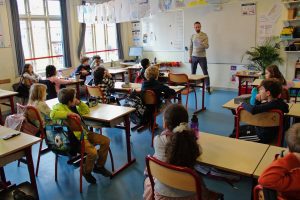 |
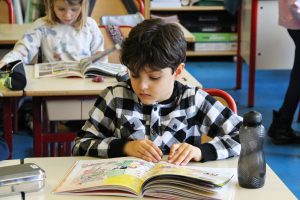 |
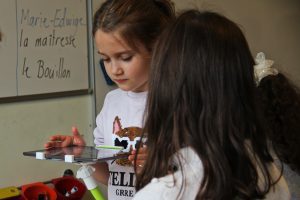 |
Most instruction at Prins Henrik School is in French. Teaching in the other languages is an important part of our school mission, and students in primaire have weekly lessons in both Danish and English as shown on the timetable below. See card of the languages.
| Danish | English | |
|---|---|---|
| Section | 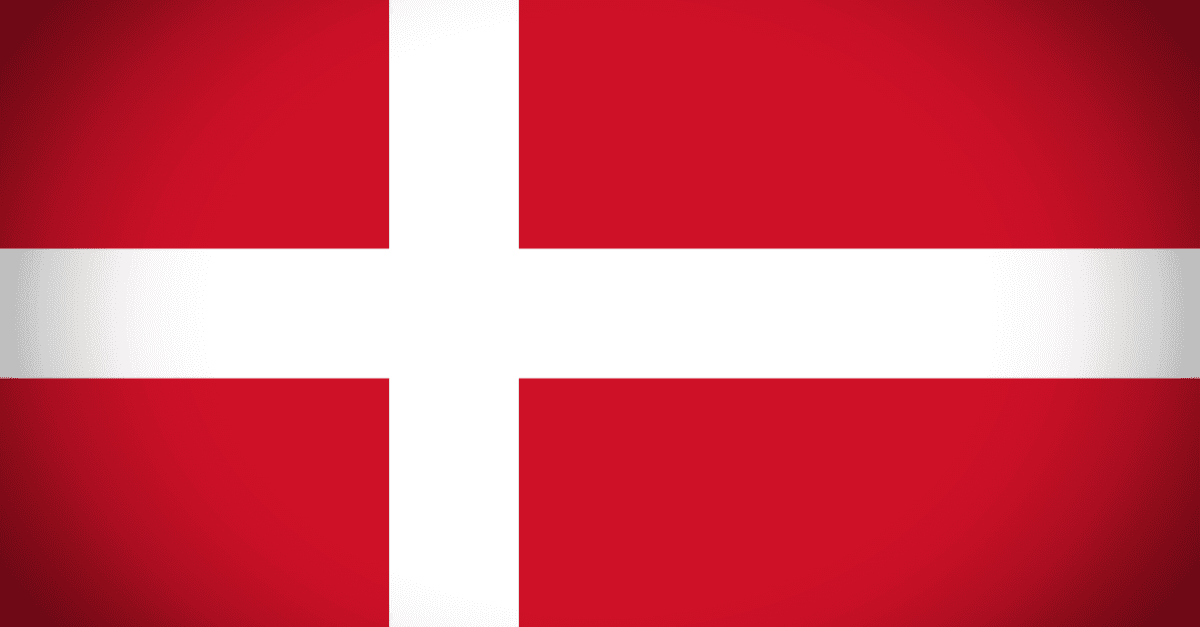 |  |
| Toute Petite Section | 2 hrs.15 | 1 |
| Petite Section | 2 hrs. 15 | 1 |
| Moyenne Section | 2 hrs. 15 | 1 |
| Grande section | 3 hrs. 45 | 1 hr. |
| 1st Grade | 3 hrs. | 1,5 hr. |
| 2nd Grade | 3 hrs. | 1,5 hr. |
| 3rd Grade | 3 hrs. | 2 hrs. |
| 4th Grade | 3 hrs. | 2 hrs. |
| 5th Grade | 3 hrs. | 2 hrs. |
The focus is on oral communication, where students start learning everyday expressions and basic communication.
Danish lessons follow the Danish Ministry of Education’s goals and curriculum for Danish.
Goals for Danish language classes: Students in Danish broaden their knowledge and understanding of literary texts, non-literary texts, where the students’ learning of the language and communication can be both a source for personal development and cultural identity. The subject is meant to foster a student’s perceptiveness, deepening their aesthetic, ethical, and historical understanding.
Para.2. Students in Danish are meant to improve their Danish language skills and learn to actively engage with the language for their own purposes and in situations with others. Students develop an open and analytical stance to contemporary forms of cultural expression, as well as those of earlier periods. As they develop their writing and reading skills, they become better equipped to define their experience of literature, non-fiction, and the language in general.
Para.3. Students in Danish have direct access to the Scandinavian languages and the Nordic culture.
Source: Common Goals for Danish (Dansk fælles mål)


